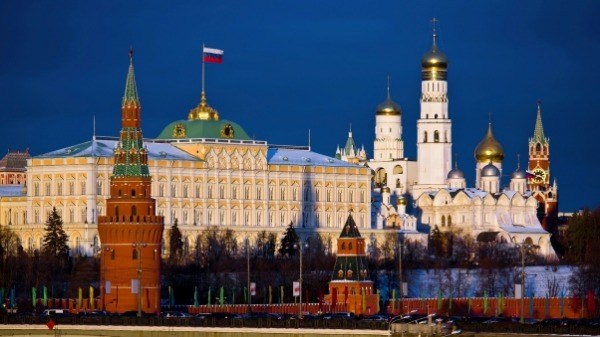Kremlin promises to respond to publication of 'Magnitsky List' in Lithuania
Russia will respond to the publication of the “Magnitsky List” in Lithuania, based on the “principle of reciprocity,” stated the Department of Information and Press of the Russian Foreign Ministry, RIA Novosti reports.
“Openly Russophobic actions of the Lithuanian lawmakers and authorities have long been unsurprising. Lithuania, as you know, has secured for itself the most unseemly place in the anti-Russian hysteria unleashed in the West,” said to the ministry.
According to the Foreign Ministry, the publication of the “Magnitsky list” in Lithuania is “another confirmation of the desire of Vilnius to prove its hostility towards Russia at any cost.” “As always in such situations, we will act on the principle of reciprocity. Problems in the selection of candidates regarding the closing of entrance into Russia will not arise, there are plenty of them in Lithuania today,” said the Department of Information and Press.
On Monday, January 15, the Lithuanian authorities published their version of the “Magnitsky list.” According to Vilnius, the persons included on it are connected with crimes of corruption, money laundering, or human rights violations. A total of 49 people appear on the list, including the head of Chechnya, Ramzan Kadyrov; the chairman of the Investigative Committee of the Prosecutor General's Office, Alexander Bastrykin; the deputy head of the Interior Ministry's Investigative Committee, Oleg Logunov; several Russian judges and others.
On November 16, the Lithuanian Seimas adopted amendments to the bill on foreigners, which is regarded as a kind of “Magnitsky Act”. According to the amendments, the Ministry of Foreign Affairs of the country can prohibit persons from entering Lithuania for up to five years who, in other countries, committed serious or particularly serious crimes against a person, violated the rights and freedoms of others or were convicted of corruption or money laundering. Also, foreigners who are included on the list of undesirable persons for entry into EU countries can be refused. In addition, the law allows that foreigners who appear in the list of undesirable persons need not be notified. The Lithuanian version of the “Magnitsky Act” went into effect on January 1, 2018.
The United Kingdom, Canada and the European Union also adopted versions of the “Magnitsky Act” after the United States had done so.
